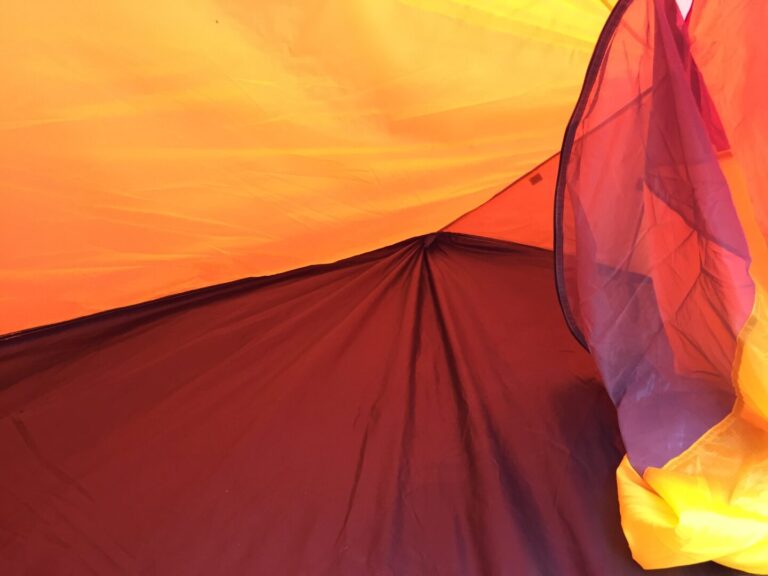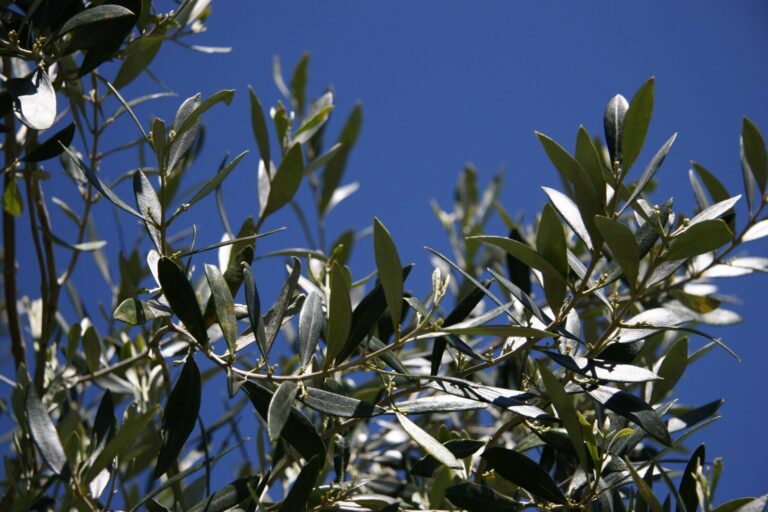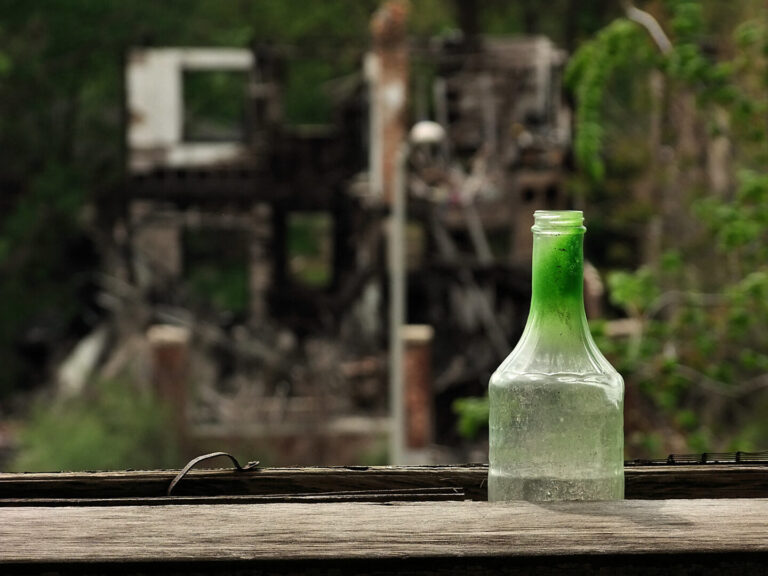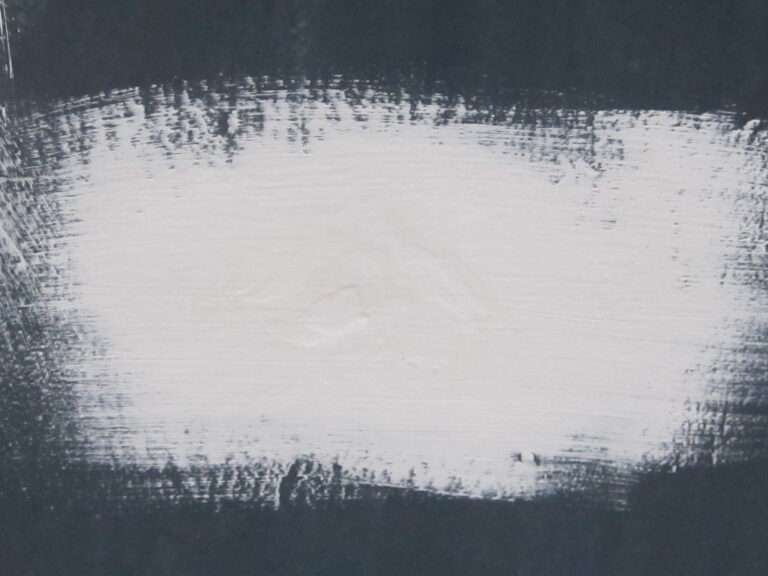This issue introduction reflects on the upcoming 2025 Cultural Studies Association Annual Conference theme, “Imaginary Futures,” and cultural studies futures. This issue contains several articles that address the “presencing” of possible futures, whether through Black popular culture; digital laborers, tech workers and online sex workers; cannabis commodity aesthetics and working-class Black and Latinx life in contemporary California; or racialization of the K-pop band BTS. This issue also features several articles in the special section, “Political Economy and the Arts,” edited by Katerina Paramana, contributions to “Aporias,” edited by Joshua Falek, and the Positions podcast, and six book reviews.
Articles by Yumi Pak
Yumi Pak is a student, scholar, and instructor of Black literary and cultural studies, particularly within the overlaps and interstices between the United States, Scotland, and Jamaica. She is currently associate professor of Black Studies and affiliated faculty in English at Occidental College. From 2014–2022, she was assistant/associate professor of English at California State University, San Bernardino, where she also held an appointment as director of Ethnic Studies, a long-standing program on campus; in 2022, she co-founded the Department of Ethnic Studies at CSUSB. Her writing can be found in various publications, including MELUS: Multi-Ethnic Literature of the United States, ASAP/Journal, Women, Gender & Families of Color and Dismantle Magazine.
Editors’ Introduction
This issue of Lateral introduces new features and significant original scholarship, including the Feeding the Civic Imagination forum, the debut of Aporias, new additions to Years in Cultural Studies and Positions, three original articles, and several book reviews.
Editors’ Introduction: Cultural Studies toward a Free Palestine
Responding to Palestinian organizers’ calls to use our voice, continue to engage in conversations, and to speak out, this statement articulates what we see as the abolitionist and anti-colonial way forward—the only way we can commit to a free Palestine. Imagining and building alternatives is the future, the horizon of possibility, that Lateral, as part of the intellectual and activist project of cultural studies, is imperfectly but consistently striving toward. Here, we highlight work in this issue, including the Towards Third Worlding forum, articles, book reviews, and the second installment of the Positions podcast. We continue to welcome authors to join in this work of pushing the field of cultural studies further, towards its promise of critical inquiry matched by political engagement.
Editors’ Introduction: Lateral Changes
This issue marks the addition of a new co-editor and several special projects, including Lateral‘s first podcast, Positions. This issue presents two important sections of work, both building on conversations in the field and across publications: “The Black Shoals Dossier,” curated by Beenash Jafri, and the second part of “Crip Pandemic Life,” edited by Alyson Patsavas and Theodora Danylevich. In addition to these impressive sections, the issue features three research articles and ten book reviews.
From Gwangju to Brixton: The Impossible Translation of Han Kang’s Human Acts
This article theorizes the relationship between trauma and translation through a close reading of Han Kang’s Human Acts (2016) and its complex narrating of the Gwangju Democratization Movement of 1980. I engage with the novel through scholarship on state-sanctioned violence, the politics of memory and Korean and Black literary and cultural studies. I do this to consider how the massacre of Gwangu’s residents by their own government is made possible by earlier histories of occupation and imperial violence in the Korean peninsula. I then turn to the Korean edition of the novel to address what emerges outside of the English translation. Here, I rely on my own language skills to read, translate and direct attention to what is lost in Deborah Smith’s published translation of Han’s novel. Specifically, I argue that Smith’s version of Human Acts actively works against Han’s subversive articulation of the elusiveness of subjectivity, the rending of the world vis-à-vis violence, the possibilities afforded by opacity and the dilemma of what it means to write about “one’s own” historical trauma. In an attempt to reflect critically on what it might mean to live in the ongoing ripples of such traumas, I offer a text that blurs autobiography, travel writing, Black Studies, and literary analysis, crafting something that may be situated under the aegis of cultural studies and alongside what Gloria Anzaldúa names an autohistoria-teoría and what Crystal Baik calls a diasporic memory work.




